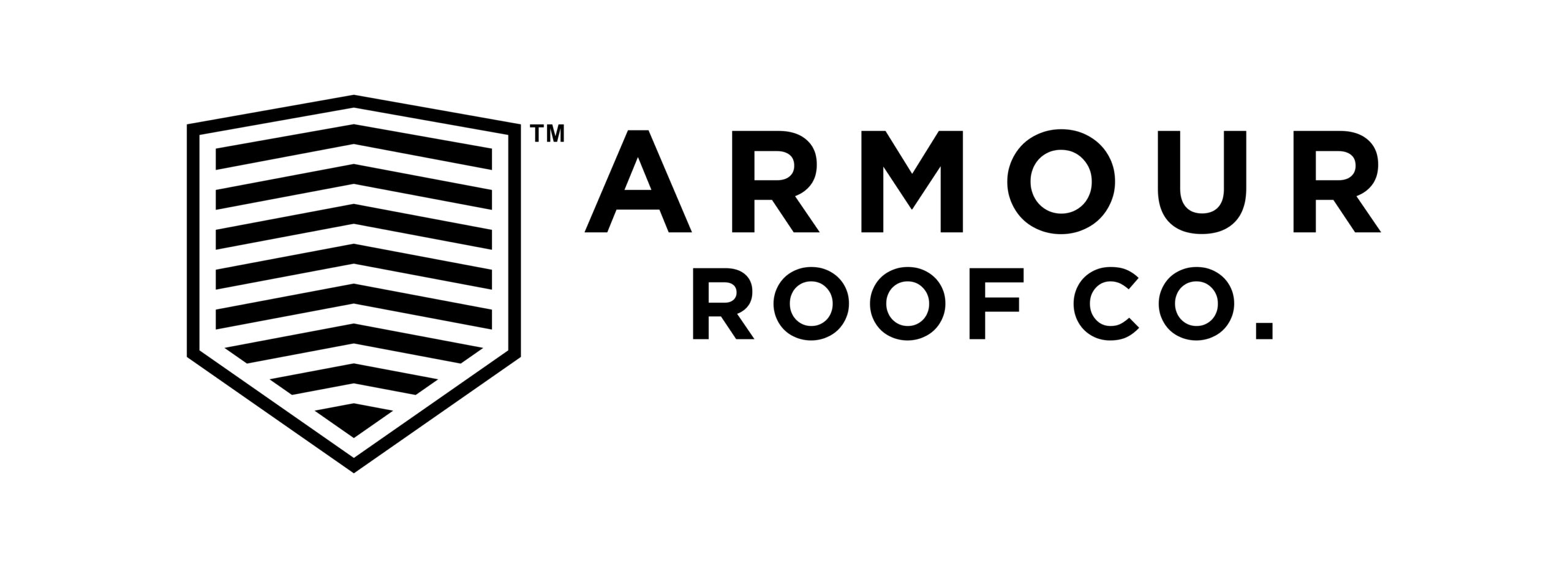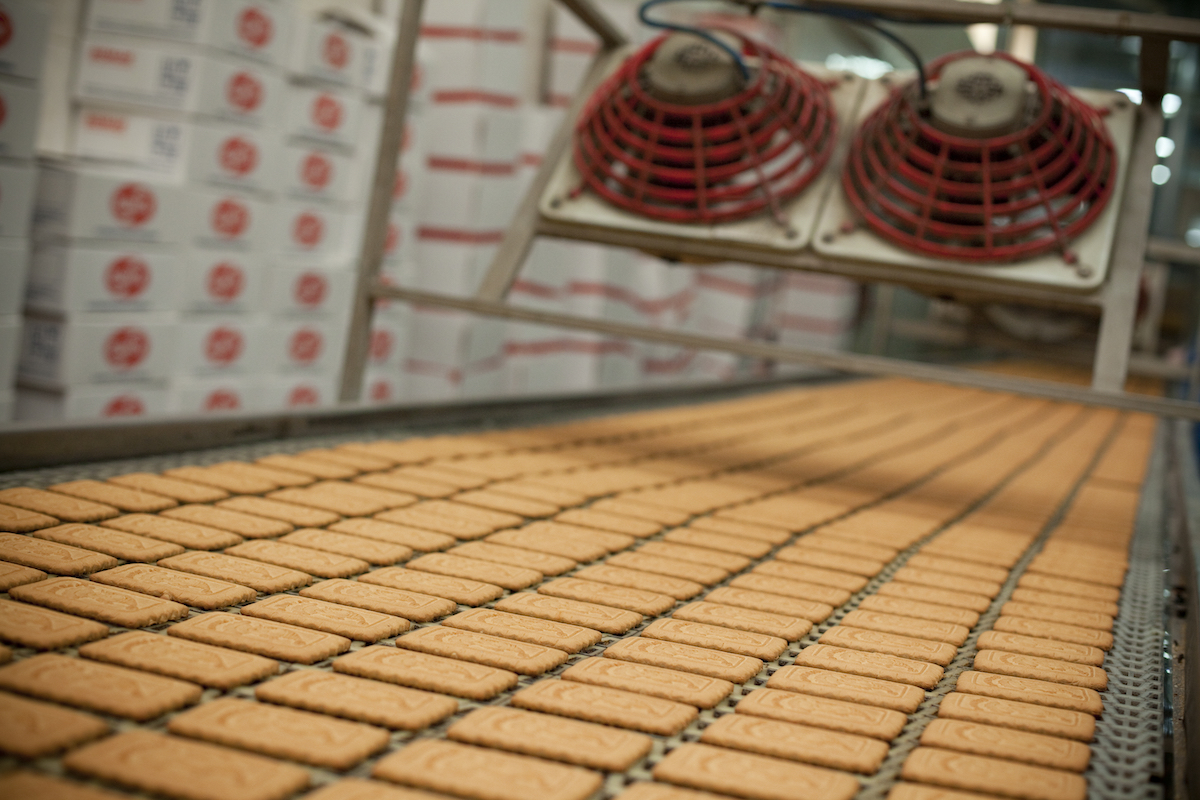The short answer is no. Food plants have to adhere to stricter sanitary standards including the Good Manufacturing Practice (GMP).
This regulation requires food processing facilities to maintain a clean, hygienic environment to prevent contamination of food products.
History of the Good Manufacturing Practice
The history of GMP can be traced back to the early 20th century when concerns over the safety and efficacy of drugs and food products led to the development of regulations and guidelines to ensure quality and safety.
The Food and Drug Administration (FDA) was created in 1906 to regular the safety and effectiveness of food and drug products. By 1960 the GMP concept was established to outline strict principles for manufacturers to adhere to in order to ensure the safety and quality of their products. This kept thing consistent in manufacturing practices.
Specifically, the GMP regulation require manufacturers must maintain a clean and hygienic work environment, use quality materials and equipment, maintain records of manufacturing process, and train employees on proper manufacturing protocols. These rules are enforced by the FDA through regulation inspections.
What Does A Leaky Roof Have to Do with GMP?
When the roof leaks on your food manufacturing facility, your building, equipment, and products are susceptible to contamination.
Moisture is the breeding grown for mold, bacteria, and other harmful microorganisms. Not to mention, water can damage food precessing equipment and diminish the structural integrity of your building.
Minor issues water may impose including workplace safety hazards- such as slips and falls or water damage in electrical systems.
In addition, a leaky roof can also lead to safety hazards, such as slip and fall accidents and electrical hazards from water damage to electrical systems.
Summary
In the event that your food plant has a leaky roof, the FDA may issue a warning letter for you to take corrective actions to address any food safety violations (including a leaky roof).
If the issues continue to be unaddressed the FDA has the authority to close your facility and suspend registration of the facility (which would prevent you from producing and distributing products) until the violations are resolved.
While it is possible to replace your industrial roof with a brand new roof, using roof coatings is much more cost-effective, timely, and least disruptive on your operations.




